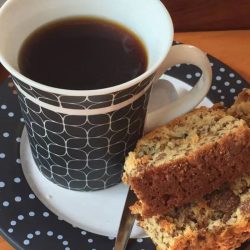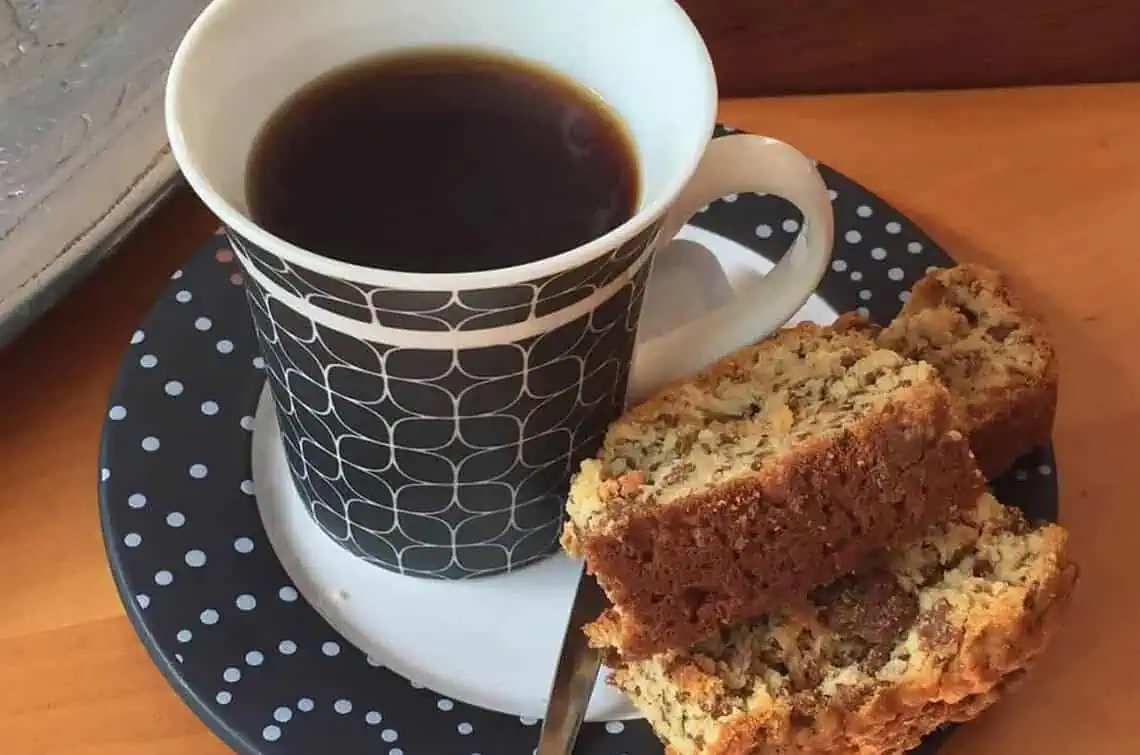There’s nothing quite like the comforting taste of a classic South African buttermilk rusk, a beloved staple for us at home and abroad.
Buttermilk Rusks are perfectly delicious, but they also have some good nutrients to start your day.

Healthy Buttermilk Rusks
Ingredients
- 1kg self-raising flour
- 5ml salt
- 5ml baking powder
- 500g butter
- 300gm all-bran flakes
- 3 eggs
- 1 tbsp honey (more if you like it sweeter)
- 500ml buttermilk
- 1 cup cranberries, nuts or goji berries or all 3 combined
- ½ tbsp vanilla essence
Instructions
- Preheat oven to 180℃
- Lightly grease a small oven dish.
- Combine Dry Ingredients:In a large mixing bowl, add all the dry ingredients and give it a good mix to ensure an even distribution
- Prepare the Wet Ingredients:In a jug or microwave-safe bowl, melt the butter in the microwave. Once melted and cooled, add the buttermilk, egg, and vanilla extract. Whisk the mixture well until all the ingredients are fully combined.
- Mix Wet and Dry Ingredients:Pour the wet ingredients into the bowl with the dry ingredients. Stir the mixture until all the flour is absorbed and a thick dough forms. The dough should be well-mixed, with no visible streaks of flour.
- Transfer the Dough:Press the dough evenly into the greased baking dish. Use a spatula or your hands to smooth the surface, ensuring the dough is evenly distributed across the dish. For an Alternative Shaping Option:you can roll the dough into balls before baking. For large rusks, shape 16 balls, or for smaller rusks, shape 28 balls. Be aware that the drying time will vary depending on the size and shape of your rusks. You can cut the raw dough with a sharp knife in blocks, if you prefer to do so.
- Bake the Dough:Place the baking dish in the preheated oven and bake for 40 to 50 minutes. The rusks are done when the top is golden brown and firm to the touch. To check for doneness, insert a sharp knife into the center of the dough. If it comes out clean, the rusks are ready.
- Once it has completely cooled, place the dry rusks for six to eight hours overnight on a very low setting 100℃
